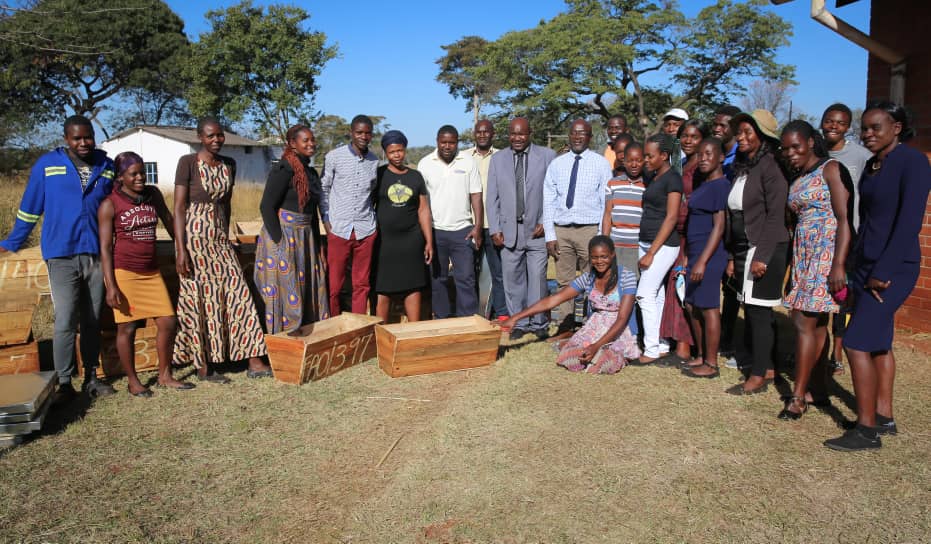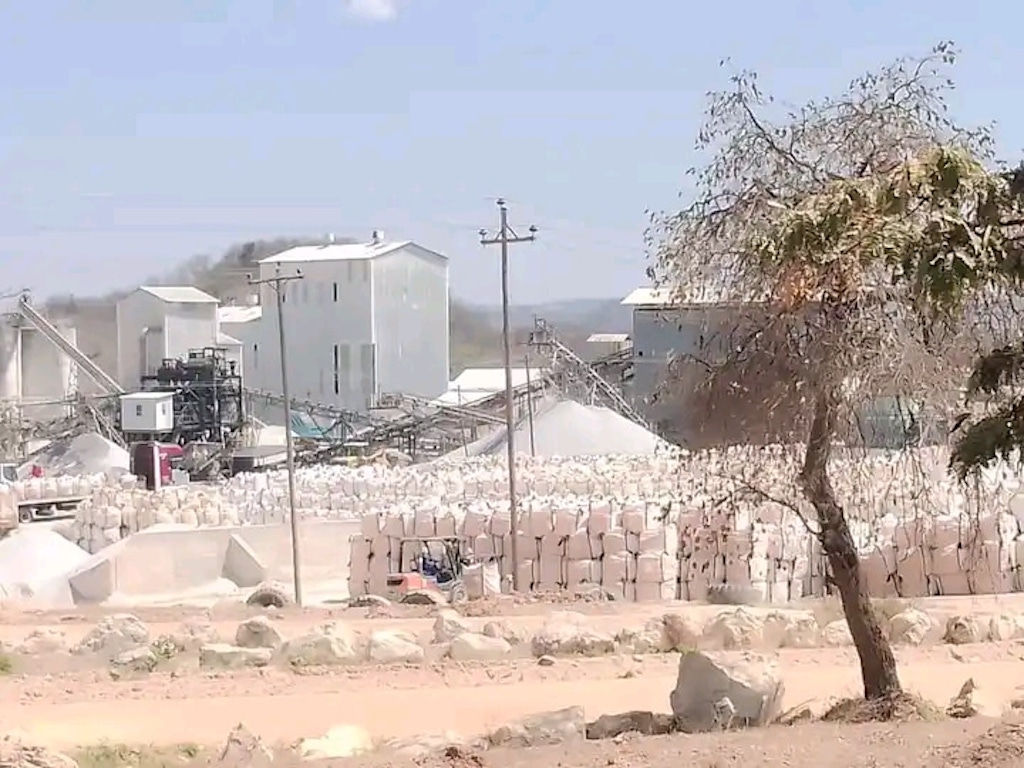…initiative is part of efforts to help create new green jobs
Moses Ziyambi
An innovative Bee Farmer Field School (BFFS) project being implemented in Zimbabwe by the Food and Agriculture Organisation (FAO) is improving the livelihoods of 300 young people in six districts of the country.
The initiative, which runs under the Green Jobs for Rural Youth Employment (GJ4RYE) project, has seen young people in Chegutu, Chimanimani, Kariba, Kwekwe, Marondera and Mazowe receiving soft skills training and attending the field schools to gain skills in apiculture.
Beneficiaries engage in both theoretical and practical aspects of apiculture; building apiaries thereby gaining practical and theoretical knowledge on how to market bee-derived products.
The youth then receive a monthly wage to work in the apiaries until the business begins to generate a profit for self-sustenance.
Technical skills include hive construction, site maintenance, hive management including biodiversity needs, harvest, processing of bee-derived products and packaging. Business skills that are transmitted include marketing, sales and organization of producer associations.
“Farmer field schools are participatory approaches towards strengthening community capacity to increase agricultural production and improve livelihoods in a way that is adapted to local contexts. In the BFFS, participants are focused on productive apiculture activities in an environment where experiences and expertise are exchanged and youth learn by doing. Participants are provided with different training modules and tools needed to analyse their practices and identify solutions to their problems,” said FAO Representative in Zimbabwe Patrice Talla.
He said beekeeping held a unique position as a green industry that remarkably contributes to tackling climate change and bolstering biodiversity.
“Bees facilitate pollination, essential for plant and tree growth, thus indirectly supporting carbon sequestration to offset climate change impacts. Moreover, their role as pollinators enhances biodiversity, crucial for maintaining resilient ecosystems,” Talla said.
To demonstrate FAO’s commitment to gender balance in the distribution economic opportunities, 150 of the project beneficiaries are female while the other 150 are male.
It is projected that in the long run, hundreds more people will benefit indirectly in the industrial downstream as the project becomes more profitable.








